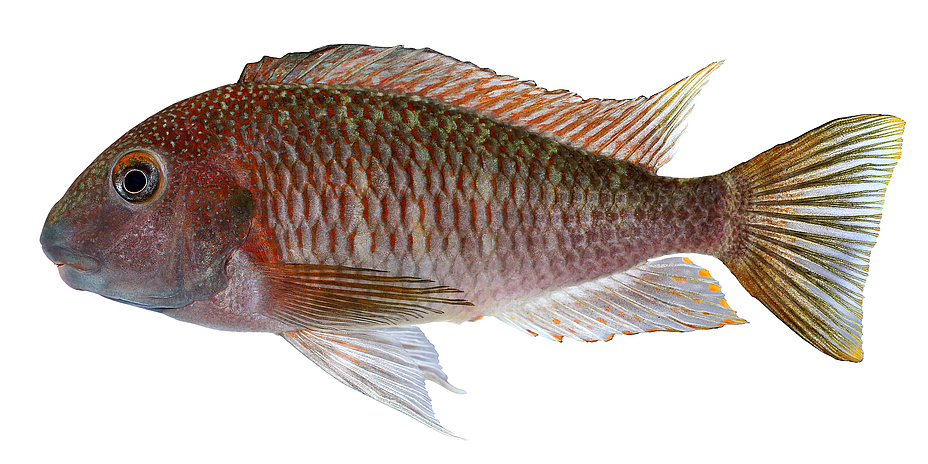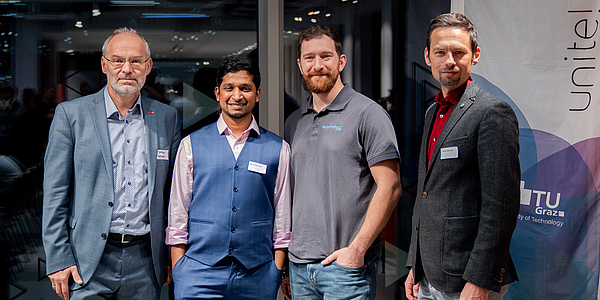Mutable: Graz Researchers Decode Genome of Two Cichlid Species

Global warming, environmental change, dried up food sources: nature and man must constantly adapt to new living conditions. A team from the University of Graz, Graz University of Technology (TU Graz) and the Medical University of Graz, led by biologist Christian Sturmbauer, is investigating how this is done and which genes play an important role in this process using the model system of the Great Lakes of East Africa. The researchers, among them Gerhard Thallinger from the Institute of Biomedical Informatics of TU Graz, have succeeded in decoding the complete genome of two cichlid species from Lake Tanganyika. The results have just been published in Scientific Reports by Springer-Nature.
"This lake is an absolute hotspot of biodiversity on our planet. Over the last ten million years, some 240 cichlid species have evolved locally, tapping into all the niches of the ecosystem in the process," describes Sturmbauer. Scientists have now taken a closer look at two important representatives, the Brabant and Threadfin cichlids. "They differ greatly in the way they eat. So we analyzed the differences in the genetic material in relation to the anatomy of the head and jaws," explains the biologist. The team identified those genes that contribute to specialization.
This research is anchored in the Field of Expertise Human & Biotechnology, one of five strategic focus areas of Graz University of Technology. This project of the BioTechMed-Graz research network was funded by the Austrian Science Fund FWF.
Kontakt
Gerhard THALLINGER
Dipl.-Ing. Dr.techn.
Institut of Biomedical Informatics
TU Graz
Stremayrgasse 16/I, 8010 Graz
Tel.: +43 316 873 5383
gerhard.thallinger@tugraz.at




